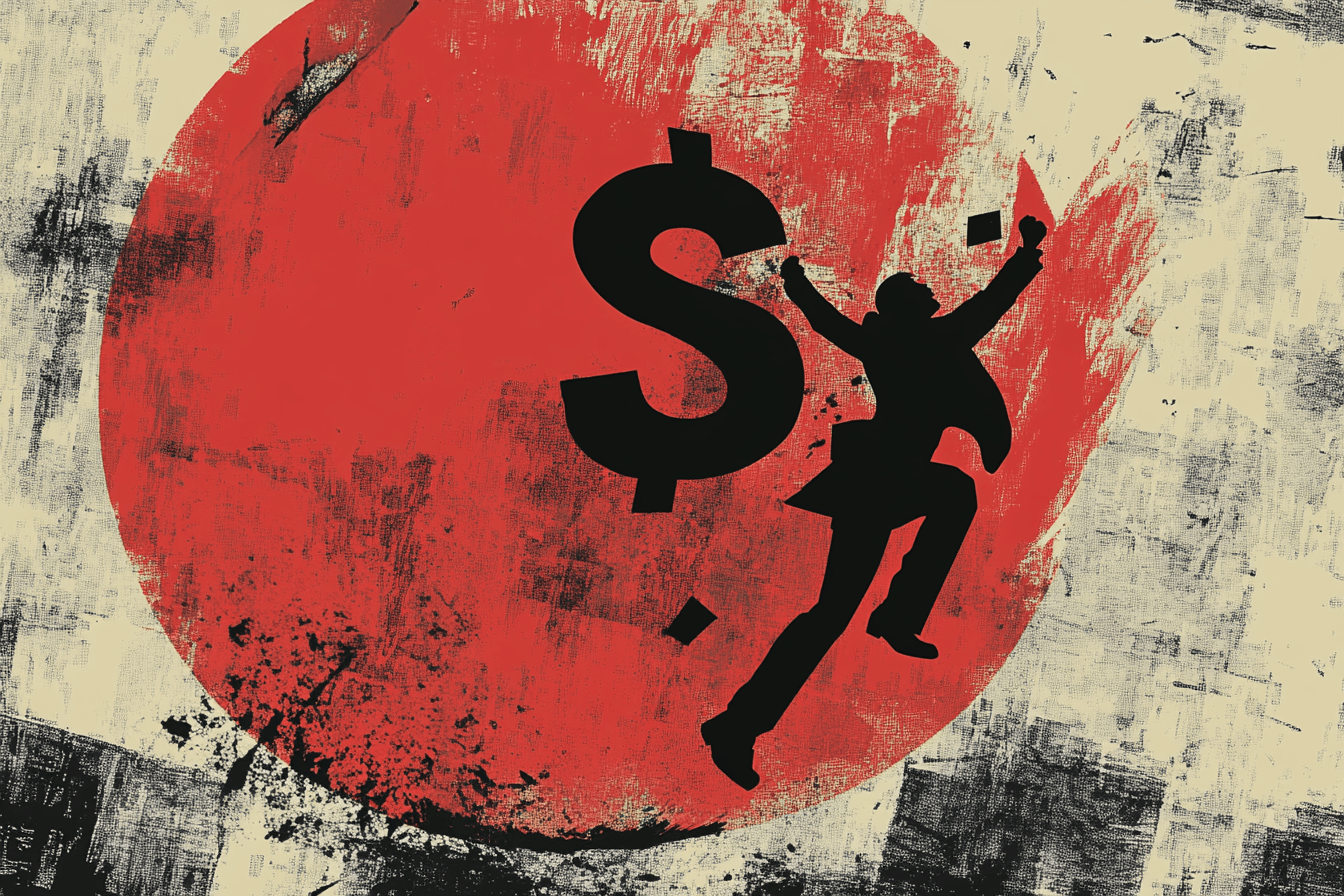The Long-Term Consequences of One of the Greatest Economic Policy Mistakes in History
Tariff moves have also compromised the rest of the Trump administration’s strategy, from taxes to energy. A commentary by Lorenzo Bini Smaghi

Even though its implementation was suspended for 90 days, the Trump Administration’s decision to impose tariffs—contrary to WTO international rules—will go down in history as one of the most serious economic policy mistakes ever committed by the United States. Historians will spill rivers of ink analyzing its causes, underlying reasons, how it unfolded, and its outcomes, which remain difficult to predict.
There are at least two earlier errors that have drawn the attention of economic literature. The Federal Reserve made the first after the 1929 stock market crash, when it decided to further tighten monetary conditions, prolonging the Depression. The second was the American government’s decision in September 2008 not to intervene to prevent the collapse of Lehman Brothers, underestimating the contagion effects on the global economy and triggering the most severe post-war recession.
In both cases, the mistake arose from a misreading of the worsening economic and financial conditions taking place at the time.
The current situation is different because the US economy was going through a relatively favorable phase, marked by full employment and falling inflation.
Stock markets had welcomed the election of the new President. There were no signs of crisis on the horizon.
The new Administration’s decisions entirely caused the market collapse that followed April 2. The rebound a week later—after the suspension of some previously announced measures—only confirms that it was a colossal error, which itself stems from flawed economic analysis in at least three respects.
The Three Analytical Mistakes
The first is viewing the trade deficit not just as a problem but as the source of all the problems of the American economy. In reality, the trade deficit is merely a symptom of an economy primarily sustained by debt—especially public debt, which in less than two decades has risen from 60% to 120% of GDP.
The second mistake is assuming that tariffs will increase productive investment to replace imports, thus favoring a reindustrialization of America and making it “great again.”
The third mistake lies in believing that tariff revenues can simultaneously offset the recently enacted tax cuts and reduce the enormous public deficit.
The fundamental issue now is how to get out of this situation.
The suspension of the announced measures, except those directed at China, gave markets temporary breathing room. But it has increased uncertainty.
The risk of escalation with China remains high, and China probably has a greater capacity for endurance than the United States, even under a scenario of rising tariffs. Certainly, companies will not rush to invest in America until there is some clarity about competitive conditions.
It is also possible that, in the immediate term, exports to the United States could increase further, taking advantage of the duty-free window—thereby worsening the trade deficit.
Expectations of an economic slowdown are causing oil prices to fall, making extraction in the United States less profitable, contrary to Trump’s hopes with his famous “drill, drill” appeal.
The most worrying element is the rise in interest rates on US government bonds, despite the economic slowdown, signaling the beginning of a loss of confidence in US public debt and in the dollar.
Given that the errors made have an ideological foundation—based on the idea that all American troubles are caused by foreigners, whether Mexican, Canadian, European, or Chinese—it is difficult to gauge how the Trump Administration will act in the coming months. The only apparent concern is the reaction of stock markets, on which Americans’ savings depend.
However, even if a market collapse has been avoided so far, persistent uncertainty about the next economic policy moves will negatively affect both US household consumption and corporate investment. It is hard to imagine averting a recession.
In an unfavorable economic environment, how much room for maneuvering will the American administration have in trade negotiations?
Given the size of the US economy, Europe will inevitably feel the negative repercussions and face the uncertainties connected to the American Administration’s policies.
Failing to perceive the mistakes made by others can be just as serious as making them oneself.
An Italian version of this article was published on the Italian daily Il Foglio

The most worrisome aspect is the rise in interest rates on US government bonds, despite the economic slowdown, which signals the onset of a loss of confidence in US public debt and the dollar
IEP@BU does not express opinions of its own. The opinions expressed in this publication are those of the authors. Any errors or omissions are the responsibility of the authors.
